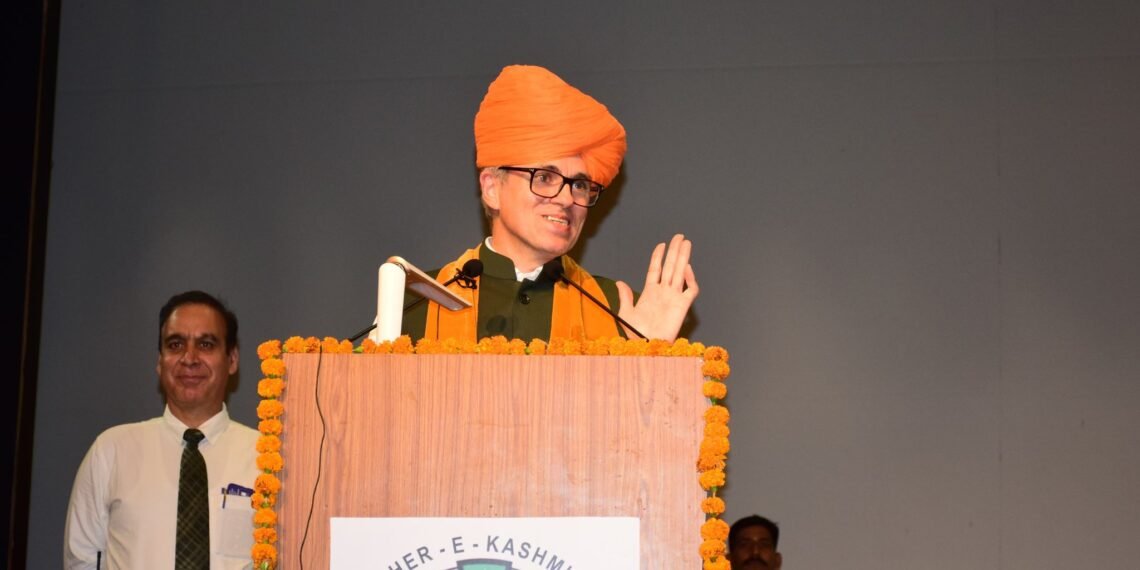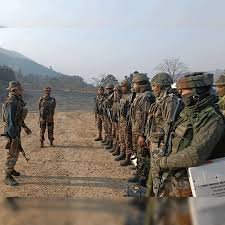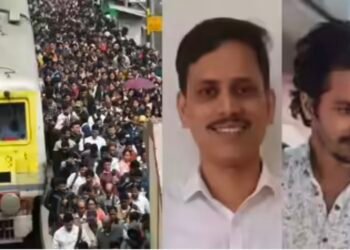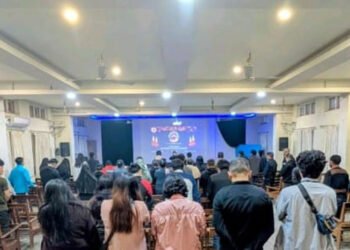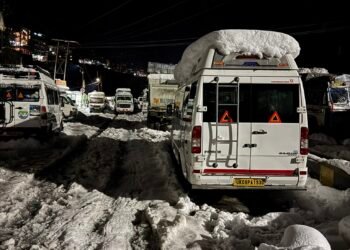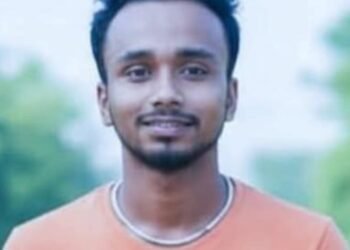“The act of reducing Jammu and Kashmir to a union territory in 2019 and the prolonged delay in restoring its status as a full state has profound implications for the future,” the letter stated. Abdullah emphasized that the reorganization, enacted on August 5, 2019, was presented as a “temporary and transitional measure.”He cited repeated assurances from Prime Minister Narendra Modi, including a pledge earlier this year dubbed “Modi ka Wada,” and the Centre’s commitment before the Supreme Court to restore statehood at the earliest.However, he criticized the lack of progress, stating, “The interpretation of terms like ‘at the earliest’ or ‘as soon as possible’ cannot stretch into years or decades. The people of Jammu and Kashmir have waited long enough—statehood must be restored now.”With the Supreme Court set to hear a plea on statehood restoration on August 8, Abdullah expressed hope for judicial intervention if the government fails to act. He recalled the Court’s December 2023 ruling on the August 5 case, which urged statehood restoration “as soon as possible.” He credited the Court’s deadline for recent assembly elections, noting, “Had the Supreme Court not set a deadline, perhaps I would not be speaking to you as chief minister today.” He added, “If restoration does not come through the government, it should come through the court.”
READ: Odisha Horror: Third Girl Dies by Fire in a Month
Abdullah framed the issue as a collective promise to the people of Jammu and Kashmir, not tied to any individual, party, or government. “More than nine months have passed, and there is no clarity, timeline, or visible progress toward fulfilling that solemn assurance,” he lamented.The chief minister’s outreach aligns with growing public demand for statehood restoration.
He highlighted two recent developments as opportunities to strengthen national unity: the high voter turnout in recent elections and the public’s condemnation of terrorism following the April 22 Pahalgam attack. Quoting poet Muzaffar Razmi Kairanavi, he cautioned, “Lamhon ne khata ki thi, sadiyon ne saza payi (Moments committed the mistake, centuries got the punishment),” warning that ignoring these moments due to partisan calculations would be a “monumental mistake.”
Abdullah also expressed optimism about the region’s improving security and tourism prospects. He noted the success of the recent Amarnath Yatra, with around four lakh pilgrims visiting via Baltal and Pahalgam without incident. “The situation has not remained as it was after the Pahalgam attack. We now hope tourists will come from across the country and benefit from the hospitality of Jammu and Kashmir’s people,” he said, anticipating a rise in visitor numbers.
As the monsoon session continues, Abdullah’s multi-pronged approach—engaging political allies, leveraging judicial avenues, and appealing to public sentiment—underscores his determination to hold the Centre accountable and restore Jammu and Kashmir’s statehood, fulfilling a long-standing promise to its people.



